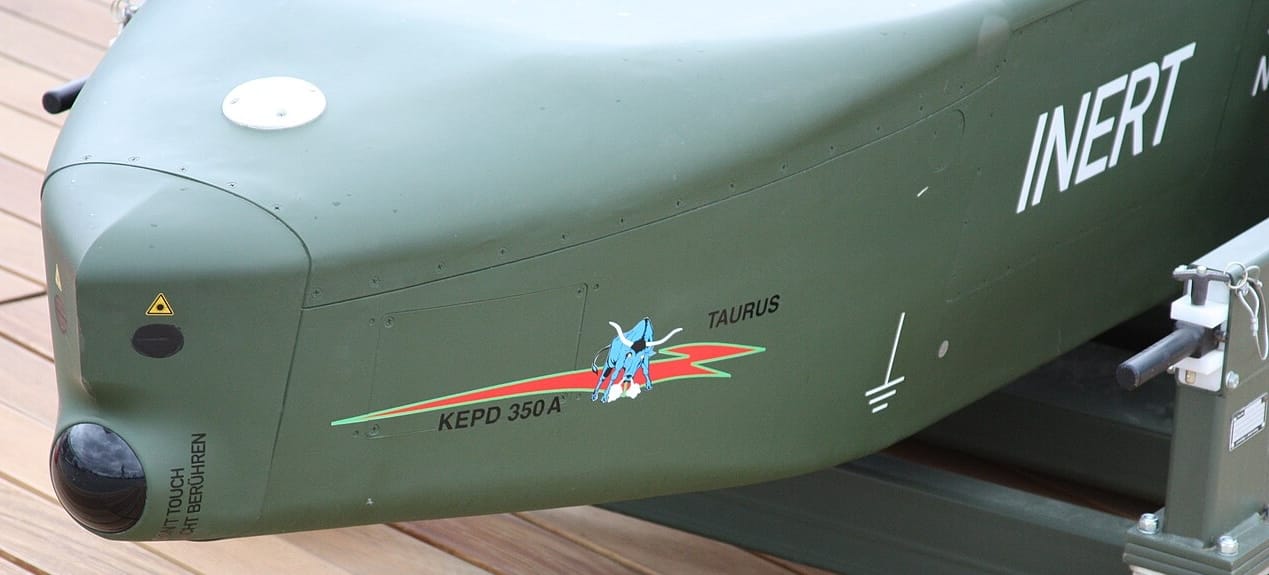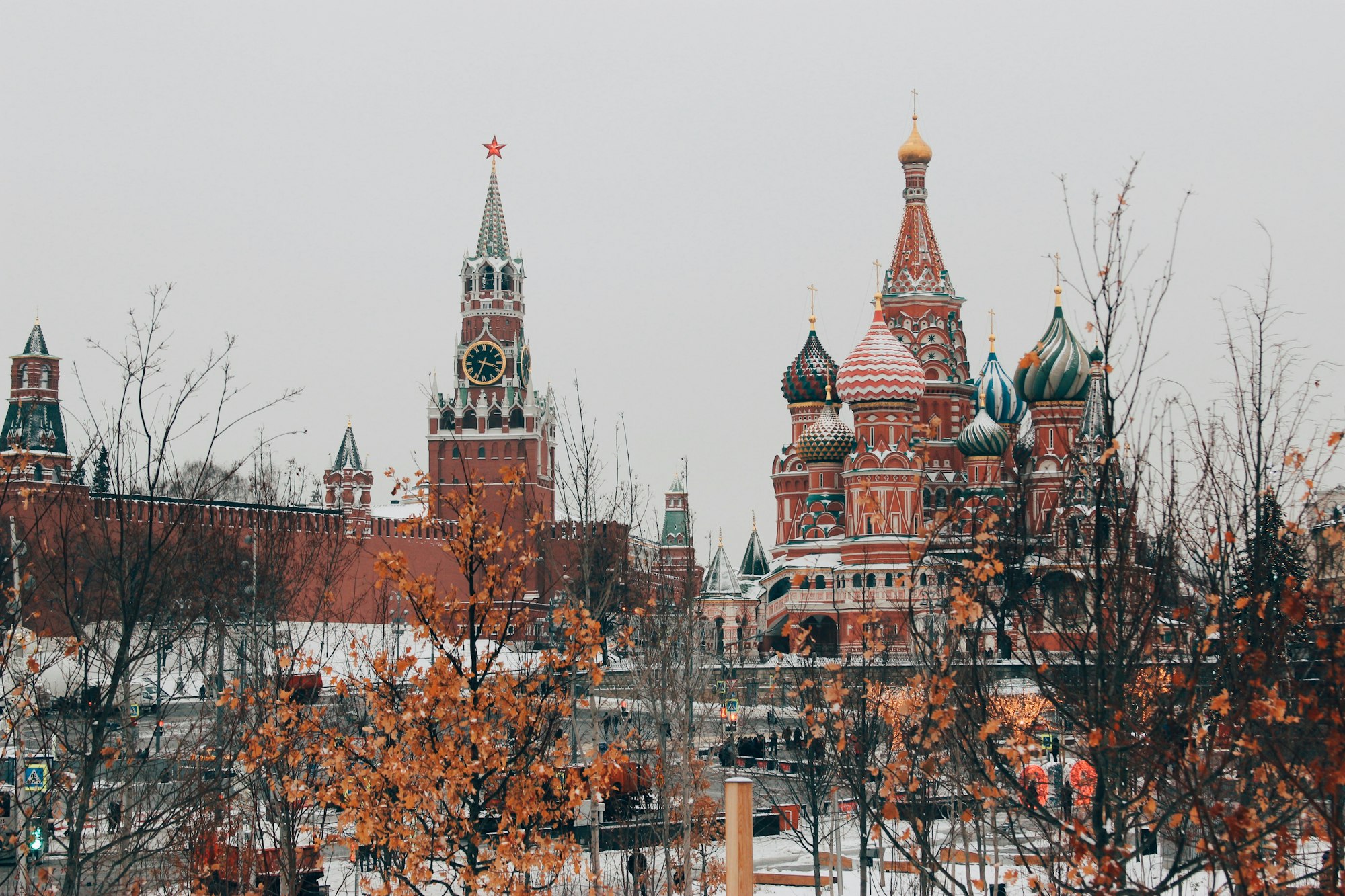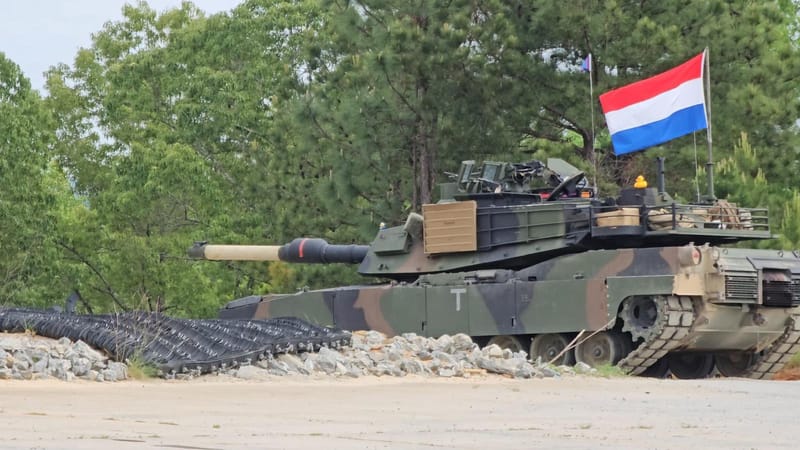Taurus Missile Debate: Germany Faces New Defense Pressure
Germany faces growing pressure over its stance on Taurus missiles. Critics argue it weakens NATO unity and Ukraine's long-range strike capabilities. Scholz cites technical, legal, and escalation concerns. Allies view the refusal as overly cautious.

The U.S. approval of ATACMS long-range missiles for Ukraine has spurred a shift in Europe’s stance on advanced weapons. France and the UK now allow Ukraine to deploy SCALP and Storm Shadow cruise missiles missiles in cross-border strikes, signalling a significant escalation in Western support.
This move boosts Kyiv’s offensive capabilities and deepens Western involvement, raising the stakes in the conflict. It also represents a NATO-driven escalation, drawing comparisons to the Cuban Missile Crisis as tensions approach a global flashpoint.
Germany, on the other hand, faces rising criticism for its refusal to supply Taurus KEPD 350 air-launched cruise missiles—a stance firmly upheld by Chancellor Olaf Scholz. Despite mounting pressure domestically and internationally, Scholz justifies his position by pointing to the risk of escalating the conflict further. This aligns with concerns that increasing military support for Ukraine will ultimately lead to escalating tensions between nuclear-armed powers, rekindling fears of a Cold War-style standoff.
In the latest developments on November 19 and 20, the Free Democratic Party (FDP) introduced a proposal in the Bundestag advocating for the transfer of Taurus missiles to Ukraine. Proponents argue that Germany must assume a more assertive role in supporting Ukraine and maintaining European security. Chancellor Scholz rejected the proposal, reiterating his concerns over escalation risks and emphasizing Germany’s commitment to a measured approach.
Scholz’s refusal to approve the Taurus missile deliveries has sparked disappointment among European allies and domestic critics. Many expected Germany to align more closely with the stances of the U.S., U.K., and France. Critics argue that Germany’s hesitancy undermines its credibility as a leading European power and weakens collective efforts to deter Russian aggression.
Another perspective suggests that Scholz’s cautious approach reflects prudent leadership in a highly volatile situation. Advocates argue that avoiding direct involvement in escalating military support helps prevent the conflict from spiralling into a large-scale confrontation. By prioritising diplomacy and measured action, Germany could emerge as a quiet stabilising force within an increasingly aggressive Western bloc, advocating restraint amid rising tensions.
In a related development, Scholz plans to address reports of Chinese-produced military drones being supplied to Russia. During an upcoming meeting with Chinese President Xi Jinping, the Chancellor intends to underscore Germany’s opposition to the provision of lethal aid to Moscow. Scholz also raised the issue at the current G20 Summit, which could be seen as an indication of Germany’s broader diplomatic approach to curbing external support for Russia’s war effort, rather than pursuing direct confrontation.
Strategic Implications
The introduction of ATACMS, Storm Shadow, and SCALP missiles into Ukraine’s arsenal has transformed the operational landscape. These systems allow Kyiv to strike deep into Russian territory, targeting critical infrastructure and logistics hubs. As a result, Ukraine’s ability to disrupt Russian supply lines and degrade rear-area operations has significantly improved.
Germany’s refusal to supply Taurus missiles reflects a cautious approach aimed at managing escalation risks. Scholz has consistently advocated for avoiding direct confrontation with Russia, emphasizing diplomacy and multilateral discussions over unilateral military actions. However, this restraint comes at a cost: Germany’s reluctance to match the contributions of its allies risks perceptions of hesitancy or weakness, particularly in Eastern Europe, and the absence of Taurus missiles limits Ukraine’s long-range strike options, potentially reducing its ability to maintain the momentum gained from recent weapon deliveries.
Moscow has issued stark warnings against any further transfer of long-range weapons to Ukraine, or their applications. Russian officials have directly threatened nuclear war and adjusted their nuclear doctrine framing such actions as provocations that could escalate the conflict.
Related Stories:

Broader European Dynamics
Germany’s conservative stance contrasts with the more assertive policies of its European peers. France and the U.K. have framed their missile authorizations as necessary steps to empower Ukraine while maintaining that these weapons are not intended for indiscriminate use. This divergence highlights varying interpretations of risk and responsibility within NATO and the EU.
Meanwhile, Germany’s focus on China’s role in supporting Russia reflects a broader strategy to address external enablers of the conflict. By pressing Beijing to halt the export of military drones, Berlin seeks to limit Moscow’s options for sustaining its war efforts, even as it avoids direct military escalation.
Conclusion: Decisions to be Made for Scholz
Germany's hesitation over Taurus missiles highlights a deeper struggle: balancing its anti-militaristic history with the demand for bold European leadership. Chancellor Scholz's caution reflects valid fears of escalation, but growing pressure from allies and at home signals that Germany's stance may soon need to shift.
Berlin faces a critical choice: adapt its stance or resist calls for greater military support. The decision carries high stakes for Ukraine's battlefield prospects and Germany's role in European security.
Related Stories:







